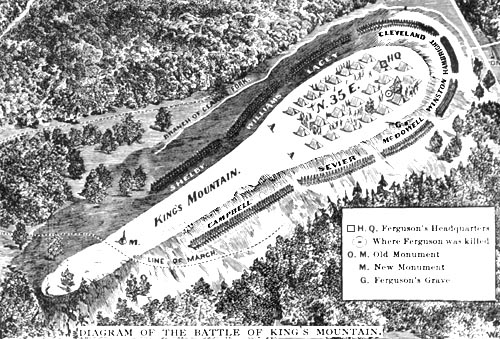Starts on June 2, 2007 at 2:00PM
Ends on June 2, 2007 at 4:00PM
Pomp and circumstance will be the order of the day at this august and yet colorful ceremony sponsored by the
Casimir Pulaski Chapter of the Sons of the American Revolution. Attendees from several surrounding states might swell total attendance to 200.
An avenue of about 30 colonial flags will decorate the field, joined by a color guard unit. A mock Revolutionary War militia unit will fire a musket volley salute as the gravesite receives both a flush-ground grave marker and a bronze SAR monument. Hear a government proclamation and several short speeches, including a biography of Revolutionary War soldier Goggans. Musicians will include two bagpipers and a bugler, who will sound taps. The SAR, DAR and various local historical societies will decorate the gravesite with wreathes.
For full details, read the flyer
here, or watch an enlightening short video featuring retiring Georgia SAR
president George Wheeless speaking on this ceremony, the SAR and
other local Revolutionary Era events
here.










